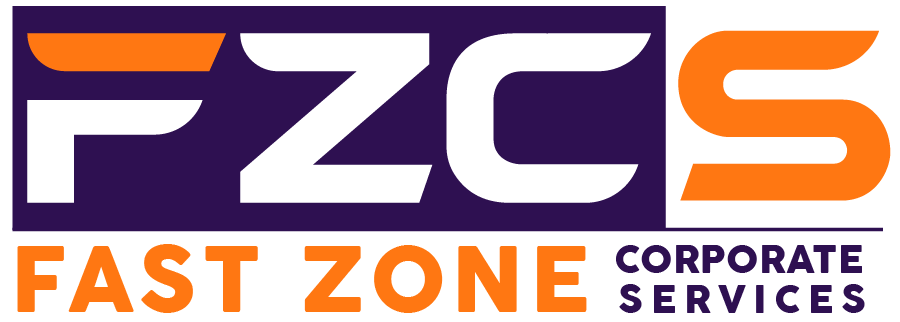
About Canada Visa
- Visitor Visa (Temporary Resident Visa): This type of visa is for individuals who wish to visit Canada for tourism, visiting family or friends, or attending business meetings. Visitor visas are typically issued for short-term stays and may be single entry or multiple entry.
- Super Visa: The Super Visa is a special type of visitor visa for parents and grandparents of Canadian citizens or permanent residents. It allows them to stay in Canada for up to two years per visit and is valid for up to 10 years.
- Study Permit: Study permits are for individuals who wish to pursue academic or vocational studies at designated institutions in Canada. To obtain a study permit, applicants must have a letter of acceptance from a Canadian educational institution and demonstrate sufficient funds to cover tuition fees and living expenses.
- Work Permit: Work permits are for individuals who wish to work in Canada temporarily. There are various types of work permits available, including those for skilled workers, temporary workers, international students, and intra-company transferees. Work permits may be issued based on a job offer from a Canadian employer or through international agreements such as the NAFTA or CETA.
- Express Entry (Permanent Residence): Express Entry is Canada’s immigration system for skilled workers who wish to become permanent residents of Canada. Applicants are assessed based on factors such as age, education, work experience, language proficiency, and adaptability. Successful candidates are placed in a pool of candidates and may be invited to apply for permanent residence through regular draws.
- Provincial Nominee Program (PNP): The Provincial Nominee Program allows Canadian provinces and territories to nominate individuals for permanent residency based on their skills, work experience, and contributions to the local economy. Each province and territory has its own PNP with specific eligibility criteria and streams.
- Family Sponsorship: Canadian citizens and permanent residents may sponsor their family members for immigration to Canada, including spouses, common-law partners, dependent children, parents, and grandparents. Family sponsorship allows eligible family members to obtain permanent residence in Canada.
- Caregiver Program: The Caregiver Program allows individuals to work in Canada as caregivers for children, elderly persons, or individuals with medical needs. Caregivers may be eligible to apply for permanent residence after meeting specific work experience requirements.
- Start-up Visa Program: The Start-up Visa Program is for entrepreneurs who wish to establish innovative businesses in Canada. To qualify, applicants must have a qualifying business idea, receive a commitment from a designated organization, and meet certain eligibility criteria.
- Refugee and Asylum Programs: Canada offers protection to individuals who are fleeing persecution, conflict, or human rights abuses in their home countries. Refugee and asylum programs provide pathways to refugee resettlement, asylum claims, and protection for vulnerable individuals.
Additional Information:
Certainly! Here’s some additional information about Canadian visas, along with key benefits and considerations:
- Electronic Travel Authorization (eTA): For visa-exempt foreign nationals, including those from countries eligible for the eTA program, an Electronic Travel Authorization (eTA) may be required before traveling to Canada by air. The eTA is electronically linked to the traveler’s passport and is valid for multiple visits to Canada for up to five years or until the passport expires, whichever comes first.
- Temporary Resident Visas (TRVs): Temporary Resident Visas, also known as visitor visas, may be required for individuals from countries that are not visa-exempt. TRVs allow individuals to visit Canada for tourism, visiting family or friends, or attending business meetings for a specified period. TRVs may be single entry or multiple entry, and the duration of stay is determined by the immigration officer at the port of entry.
- Biometrics Requirement: In addition to submitting visa applications, many applicants are required to provide biometric information, including fingerprints and a photograph, as part of the application process. Biometric information helps Canadian authorities verify the identity of visa applicants and enhance security measures.
- Express Entry System: The Express Entry system is Canada’s main pathway for skilled immigrants who wish to become permanent residents. Candidates are assessed based on factors such as age, education, work experience, language proficiency, and adaptability. Those who meet the eligibility criteria are placed in the Express Entry pool and may receive an Invitation to Apply (ITA) for permanent residence through regular draws.
- Language Proficiency: Language proficiency in English and/or French is an important factor in many Canadian visa programs, particularly for skilled worker immigration and study permits. Applicants may be required to demonstrate their proficiency in English or French through standardized language tests such as the IELTS, CELPIP, or TEF.
- Healthcare Coverage: Canada’s publicly funded healthcare system, known as Medicare, provides access to essential medical services for Canadian citizens and permanent residents. Visitors to Canada are advised to obtain private health insurance to cover any healthcare expenses during their stay, as healthcare services can be expensive for non-residents.
- Quality of Life: Canada is known for its high quality of life, economic stability, multicultural society, and natural beauty. With vibrant cities, diverse cultural attractions, and vast wilderness areas, Canada offers a range of lifestyle options for residents and visitors alike.
- Education System: Canada is home to world-renowned educational institutions offering high-quality education at all levels. International students choose Canada for its academic excellence, multicultural learning environment, and opportunities for research and innovation.
- Employment Opportunities: Canada’s strong and diverse economy provides numerous employment opportunities across various industries, including technology, healthcare, finance, and engineering. Skilled workers and professionals are in demand in many regions of Canada, offering prospects for career growth and advancement.
- Multiculturalism and Diversity: Canada celebrates diversity and multiculturalism, welcoming people from all backgrounds and nationalities. Visitors and immigrants to Canada can experience a rich tapestry of cultures, languages, and traditions, contributing to a vibrant and inclusive society.




